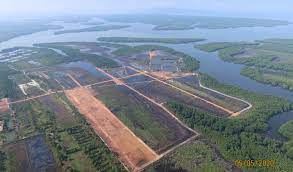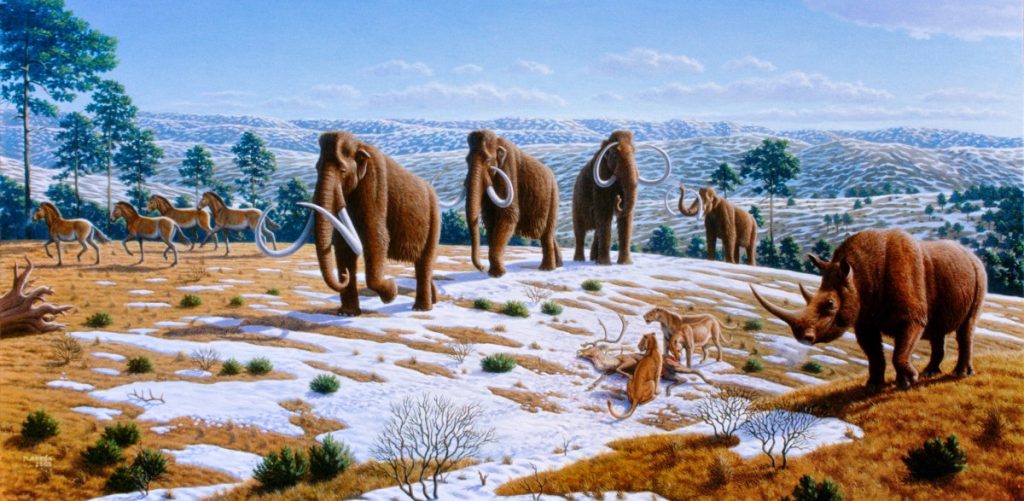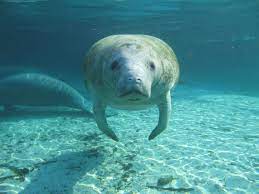As with most primate species males are usually the dominant animal in a group setting. The one notable exception is bonobos which are a female led society.


Wildlife and conservation new, wild travel information and links for booking
As with most primate species males are usually the dominant animal in a group setting. The one notable exception is bonobos which are a female led society.

Over 2 million acres of forest was lost from the Amazon this year, with 76% of this falling within the boundaries of Brazil.
Nearly 95% of deforestation is found within a small distance of roads or rivers. As a result, Bolsonaro and similar politicians can claim to build roads to help with developments, when actually their primary aim, is deforestation so that the land can then be used for more valuable purposes.
Most areas that have been deforested have then been burned, which gives way for grazing pasture.
If something is not done fast, it will not matter what Jair Bolsonaros replacement wishes to do, as there will be little rainforest left to protect.
The regulation that was issued earlier this year for Cambodias KohKong province supposedly took land from protected areas, and gave it to local people. Developments since, show that actually this was a scheme to benefit the political elite.
Politicians and companies have been grabbing the available land. In particular, a pocket has been bought by a company thought to be working for APP the huge palm oil company. They would clearly wish to raze this forest to the ground and replant with palm oil.

The area in question, accounts for around 500 square miles of land.
Palm oil executives have been caught on camera admitting to bribery to be able to deforest an area of land. The company was also caught with the CEO describing a tax evasion scheme that they were running in India.
Despite having been filmed on camera saying such things, when contacted by Global witness and informed of the video, those responsible denied that it happened.
Senior politicians have admitted to corruption in similar areas over the last few years, but clearly, we are no where near solving this problem.
The UK is in the lowest 10% of countries in terms of wildlife depletion. It is also last amongst the G7 of developed nations. It is thought that we have about half of our biodiversity left (average world levels in 75%). More alarming, it is thought that long-term 90% is the lowest level biodiversity can reach safely and sustain itself long-term.
It should be noted, that this biodiversity loss in the UK is not a new thing. Indeed, the UK has survived in this state for quite some time.
There is currently a conference going on in Kumning China, which is trying to address this.
Addressing biodiversity loss alongside carbon reduction would be the most sensible. Halting the loss of carbon sinks, is also very good for the wide range of biodiversity that thrive in its ecosystems. Can we move to doing both in tandem?
The Forest ACT bill would make global suppliers responsible for the illegal deforestation that their products cause.
This is a long overdue issue. Currently, large companies will structure things in such a way, that small farmers and other land users are encouraged to deforest their land, knowing that the big company wishes this, and will buy all their resources.
It cannot work this way. If these companies are made legally responsible for any deforestation that occurs to provide their products, they will manage to put an end to illegal deforestation over night.
As well as enacting this process nationally, the bill would require USA trade partners to buy in on these new rules.
Will it work? Who knows, but it is likely to have a huge impact on deforestation, as if this rule is implemented, it will never pay to deforest.
It cannot be the be all or end all, but is a fantastic first step.
Roughly speaking, there is 3000 billion tonnes of carbon in the atmosphere. This is a huge number, but then we have to remember that this is higher than at any other time in human history. Before humans were on the planet, there were time periods where carbon concentrations in the atmosphere were dramatically higher.

However, the problem is that there is thought to be roughly 1600 billion tonnes locked in the permafrost around the world. If global warming continues, this permafrost will melt and release its carbon stores – increasing the carbon concentration by around 50%.
This is obviously a point at which a significant amount of planet warming will be inescapable.
So what needs to happen?
In the past great mammals behaved in such ways that it largely kept this carbon locked in the soil. There were far fewer trees, vast grasslands often covering bogs.
If mammoths were to return, perhaps alongside woolly rhinoceros and bison the same processes could return allowing a far greater quantity of carbon to remain in the permafrost soil.
Will this happen? Who knows, though with the increasing quantity of carbon known to be locked in the Siberian soil, it seems worth giving it a go.
Over the last decade or so, the laws of countries across the developed world have not kept up with changes in our knowledge of threats to the natural world. As a result, promises to not fund projects that destroy ecosystems are what consumers have to go on in choosing which bank to let use your money.
Yet, out of the 25 biggest European banks none are actually living up to their promises. ShareAction, the body which carried out the research, did state that some banks such as NatWest are doing well on net zero targets, and restricting funding for fossil fuel projects.
Continue reading “25 biggest European banks are failing on their own green pledges”Runoff from farms has caused an algae bloom which has not left space for enough sea grasses – the primary food of the manatee.

Without food the manatee population is severely endangered and likely to suffer mass starvation. 12 manatees have already died this year due to this poisonous algae.
The united fish and wildlife service changed the conservation status of manatees from endangered to threatened in 2019: this was clearly not a good move.
A considerable number of Floridians are blaming the current administration and Rick Scott who has determinately reduce the budget of of these environmental protections. Without a significant changing governmental behaviour this is unlikely to be reversed anytime soon.
Unfortunately deforestation in the largest remaining African rainforest seems to be going on more and more. Unfortunately not only is this happening in general, at a large quantity of this over the last two decades has also occurred within protected areas.
If this happens across the DRC, there will be many problems particularly as the amount of carbon dioxide released would largely lock in in an unacceptably large amount of temperature rise. However in the natural world, it would also severely damaged the long-term future of gorillas chimps and the last of the bonobos.









Join as an ambassador supporter to
support this site, help save wildlife
and make friends & log in

